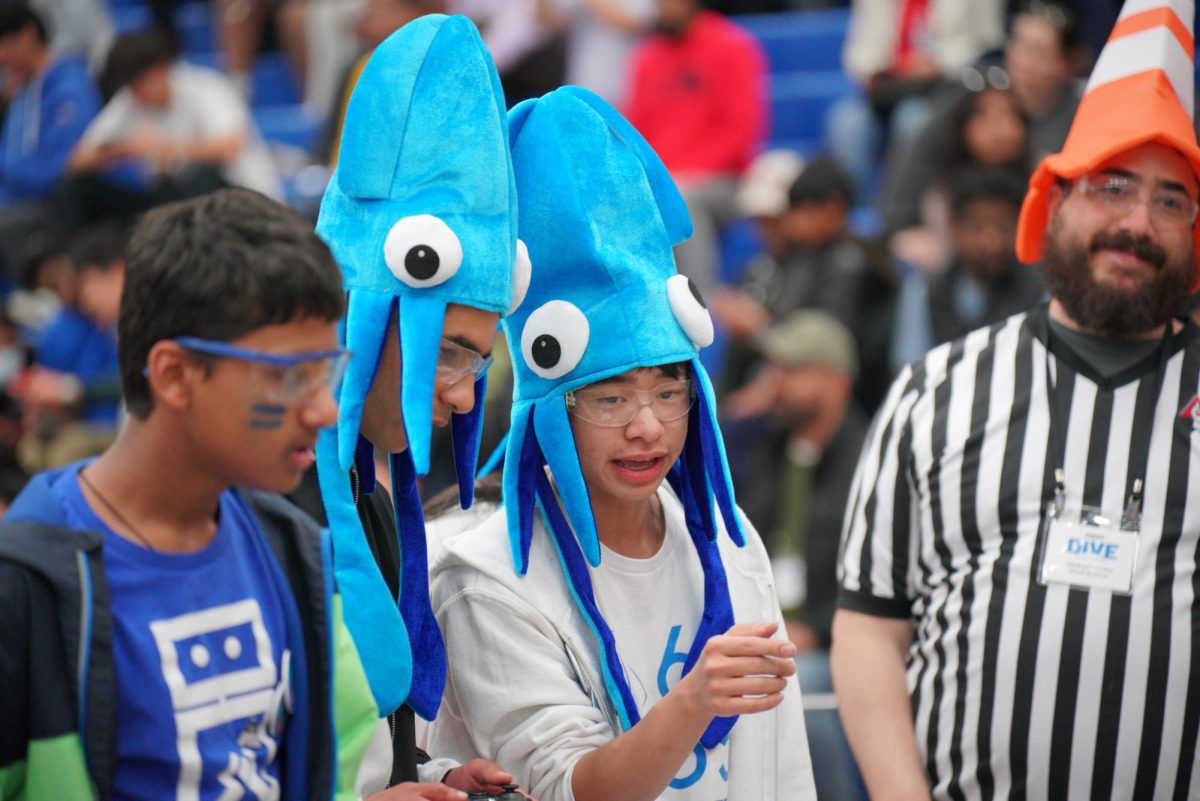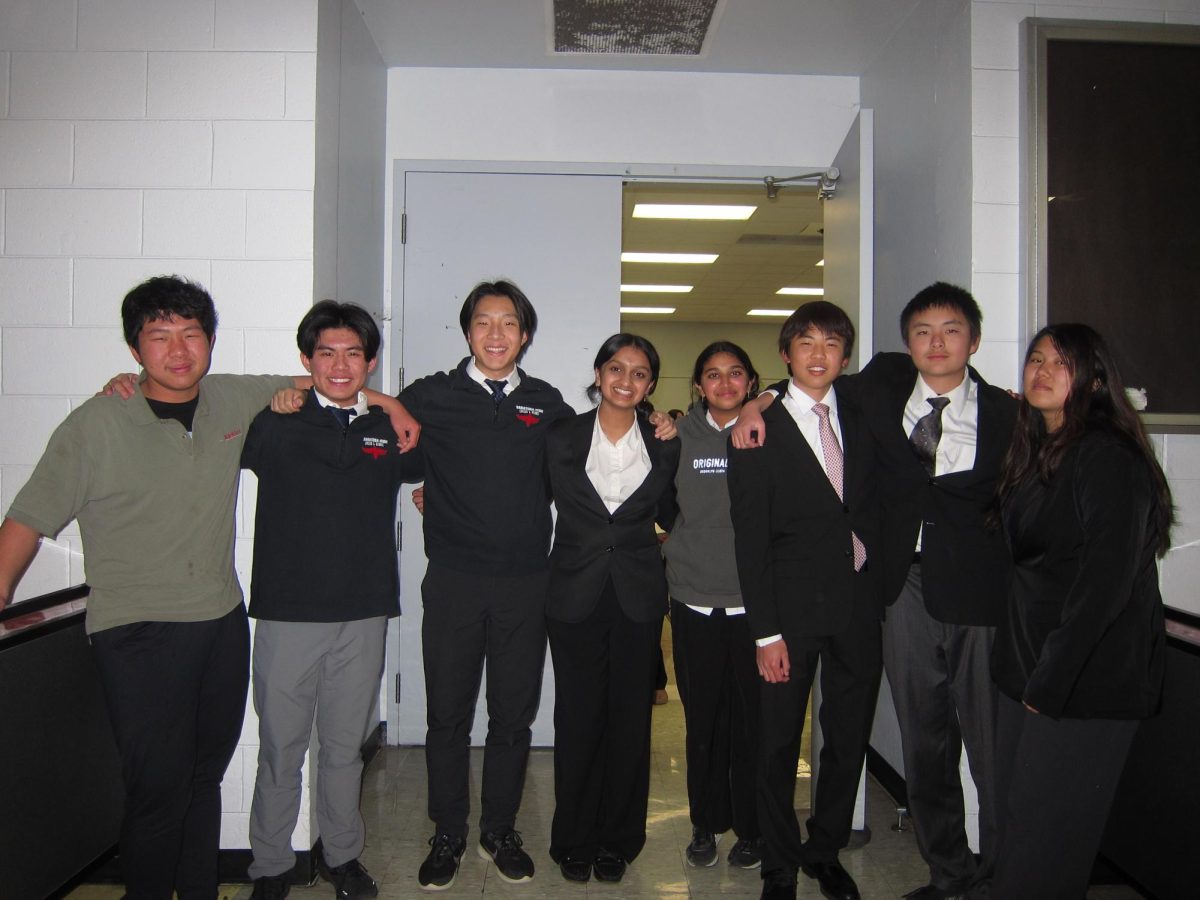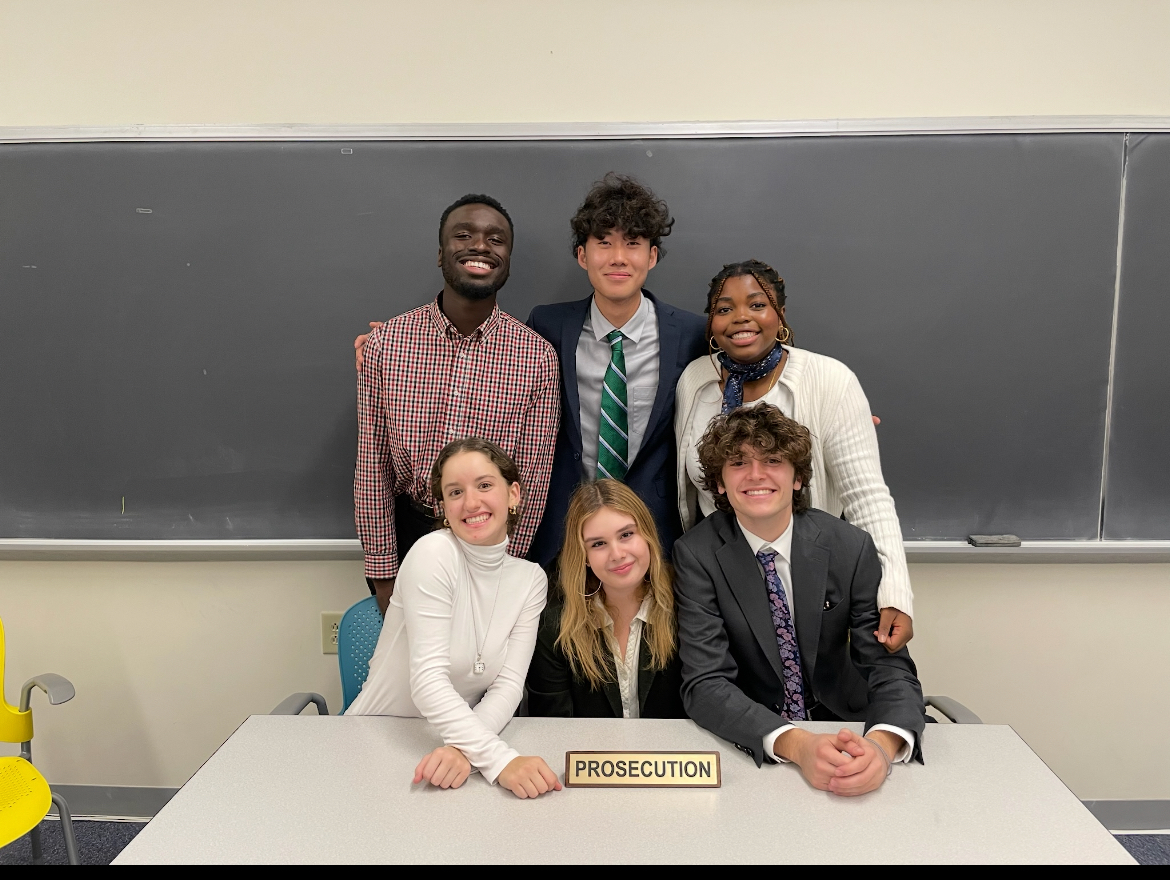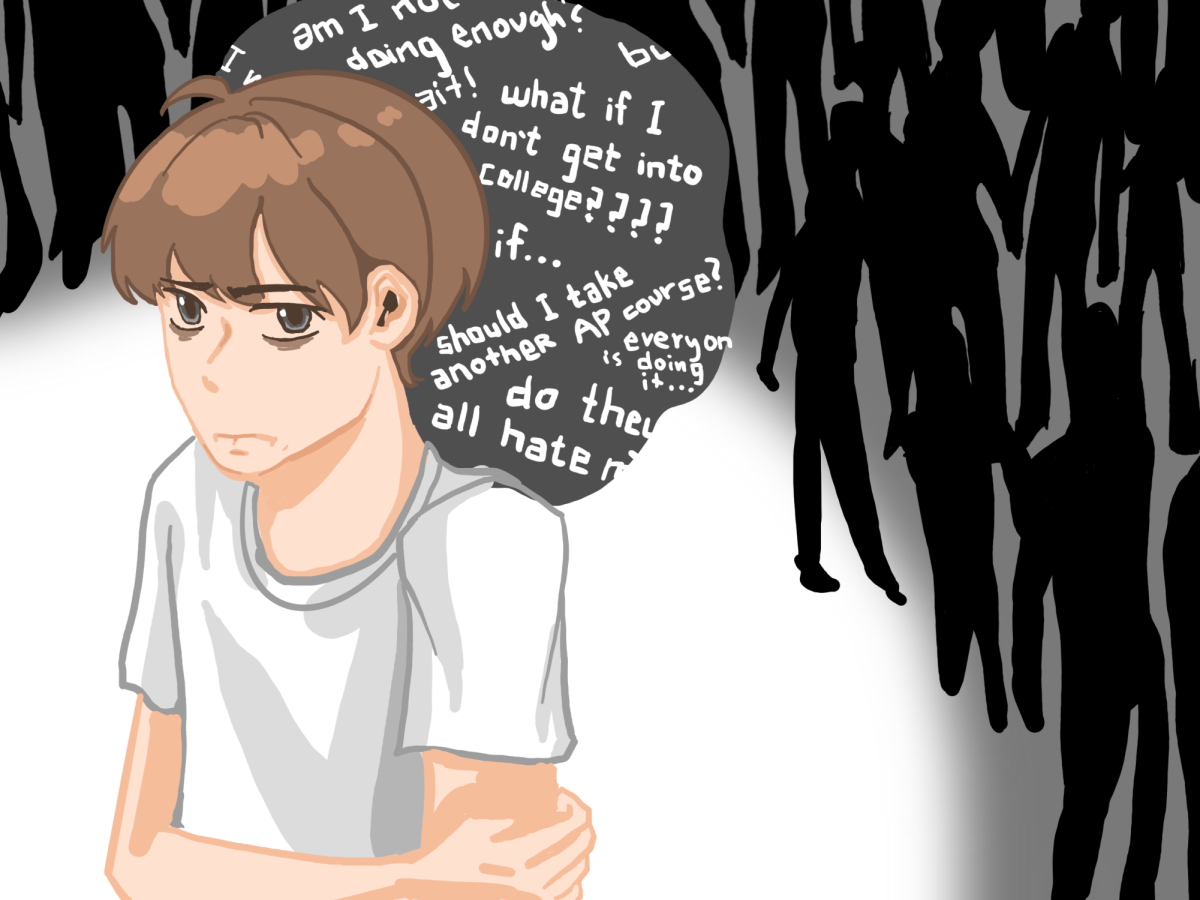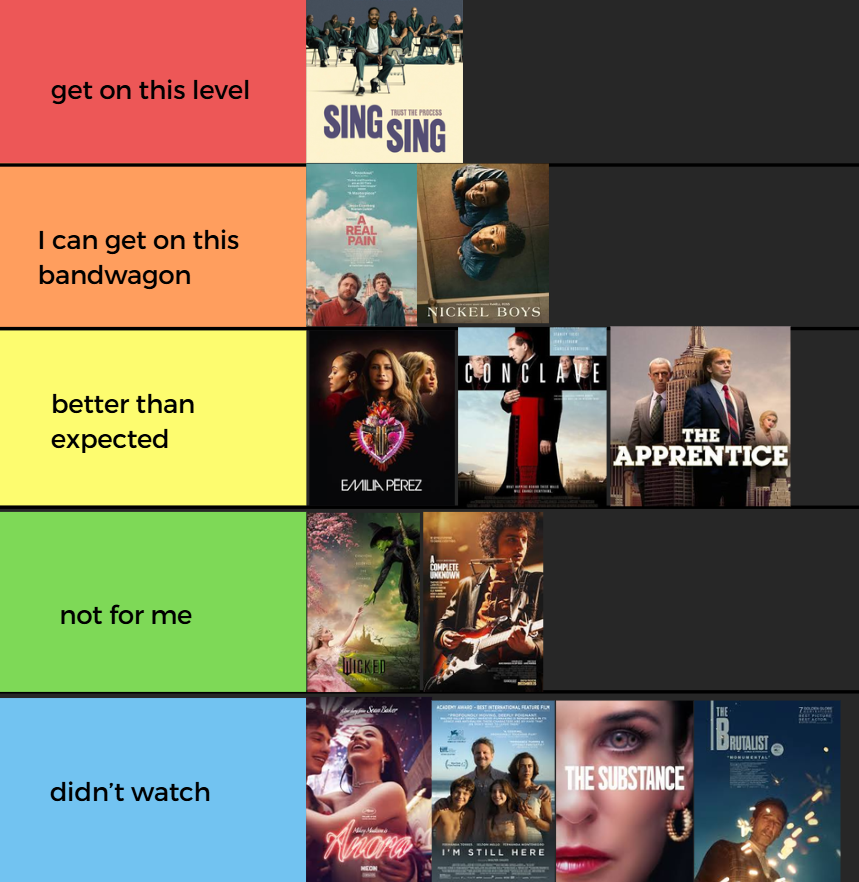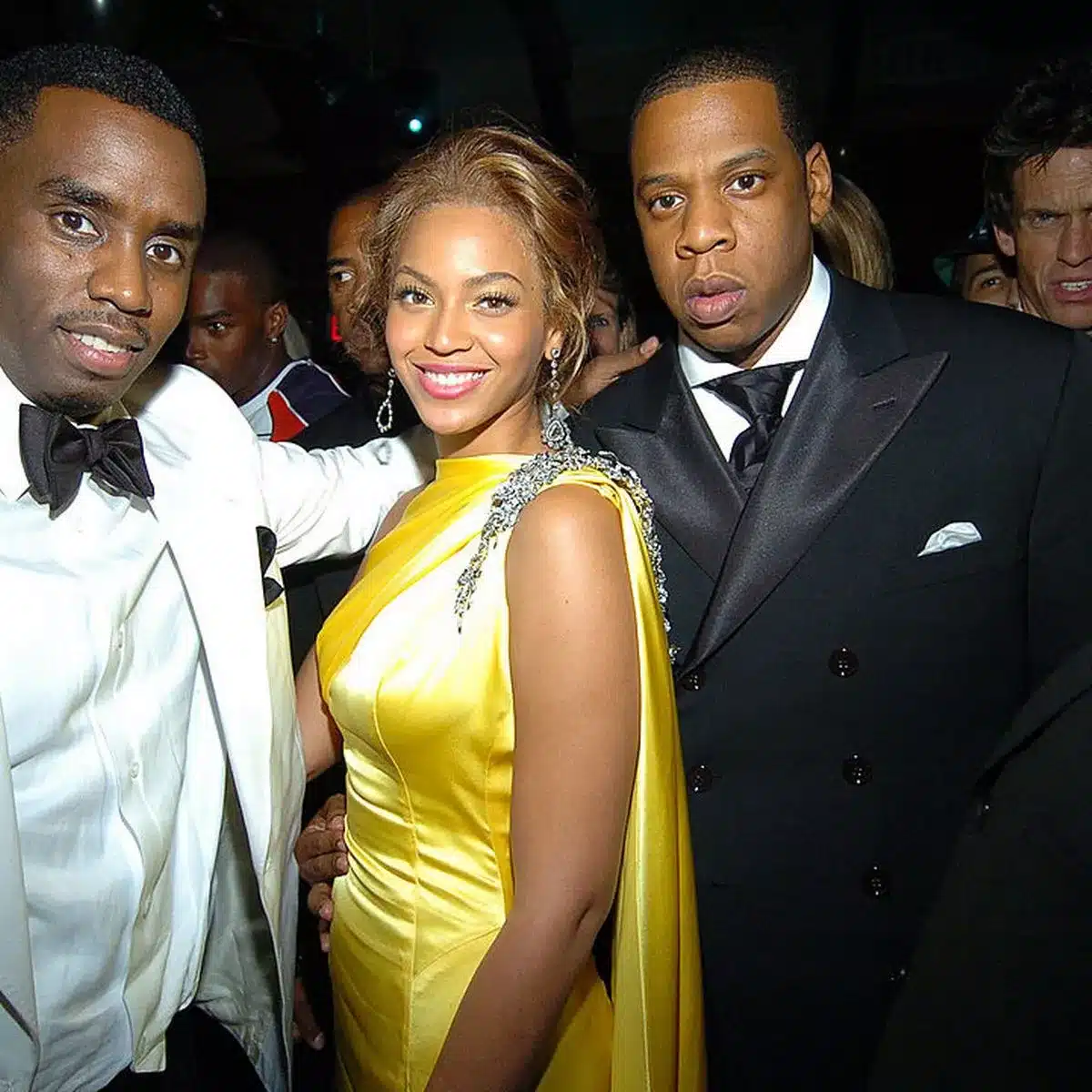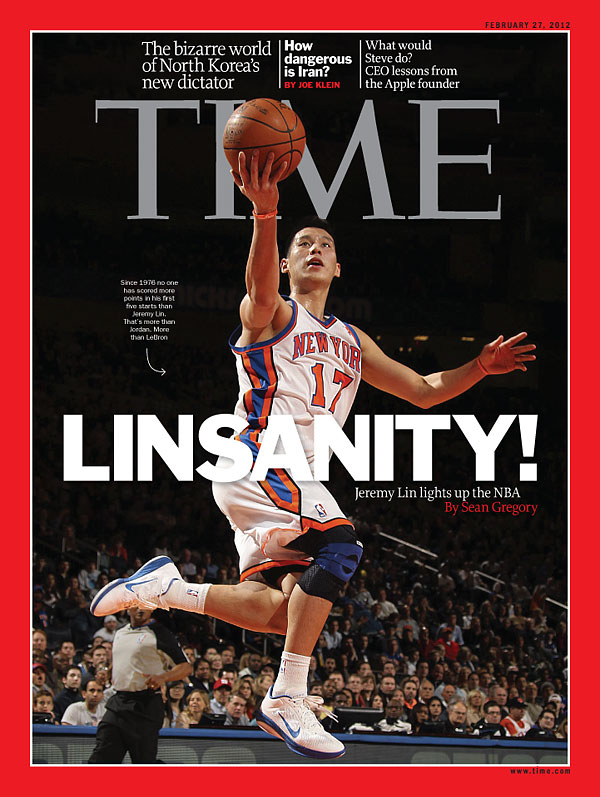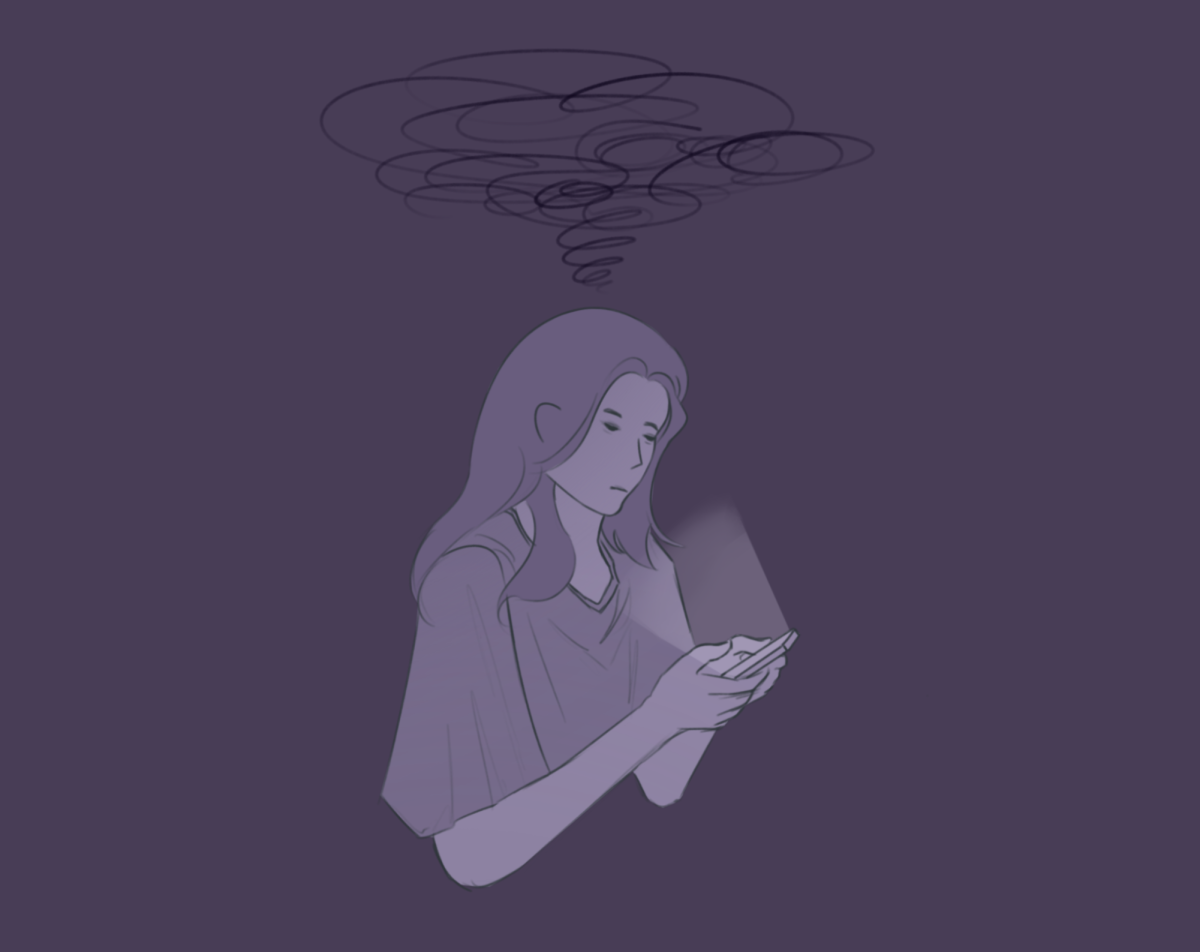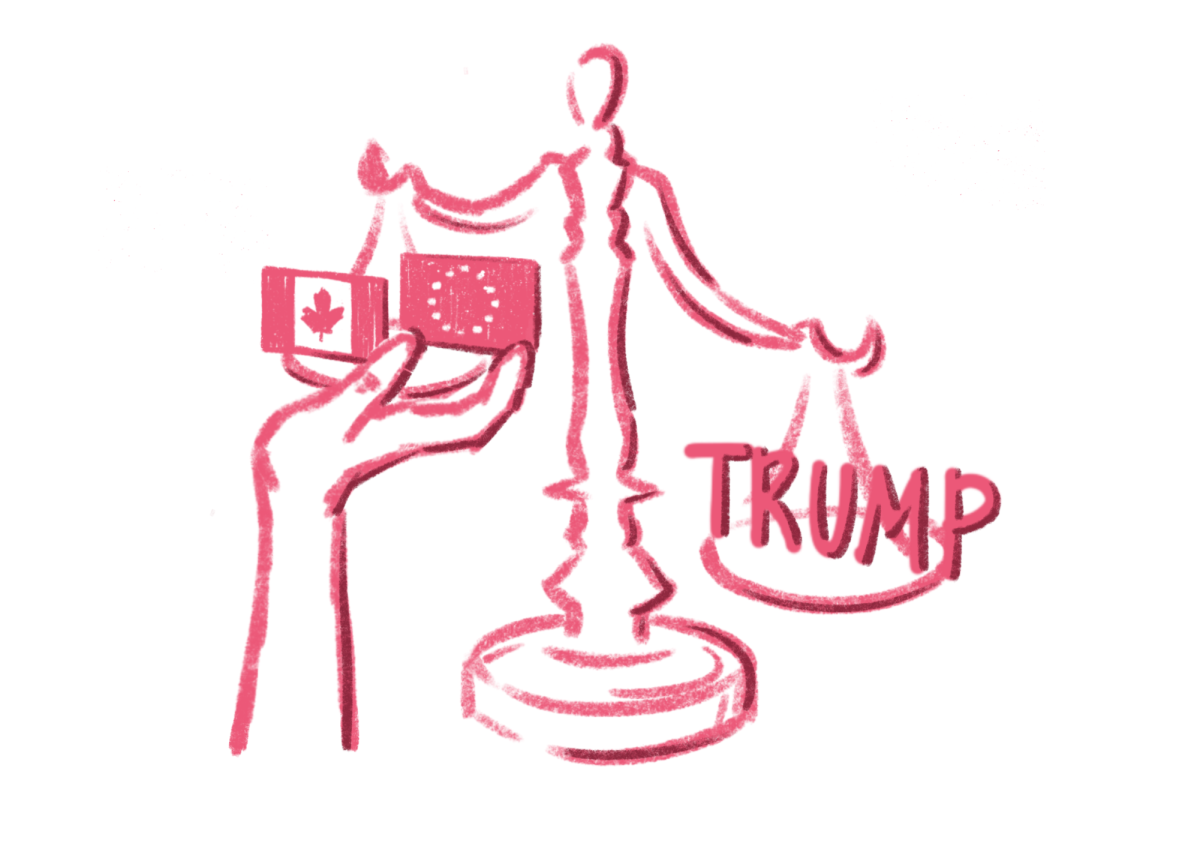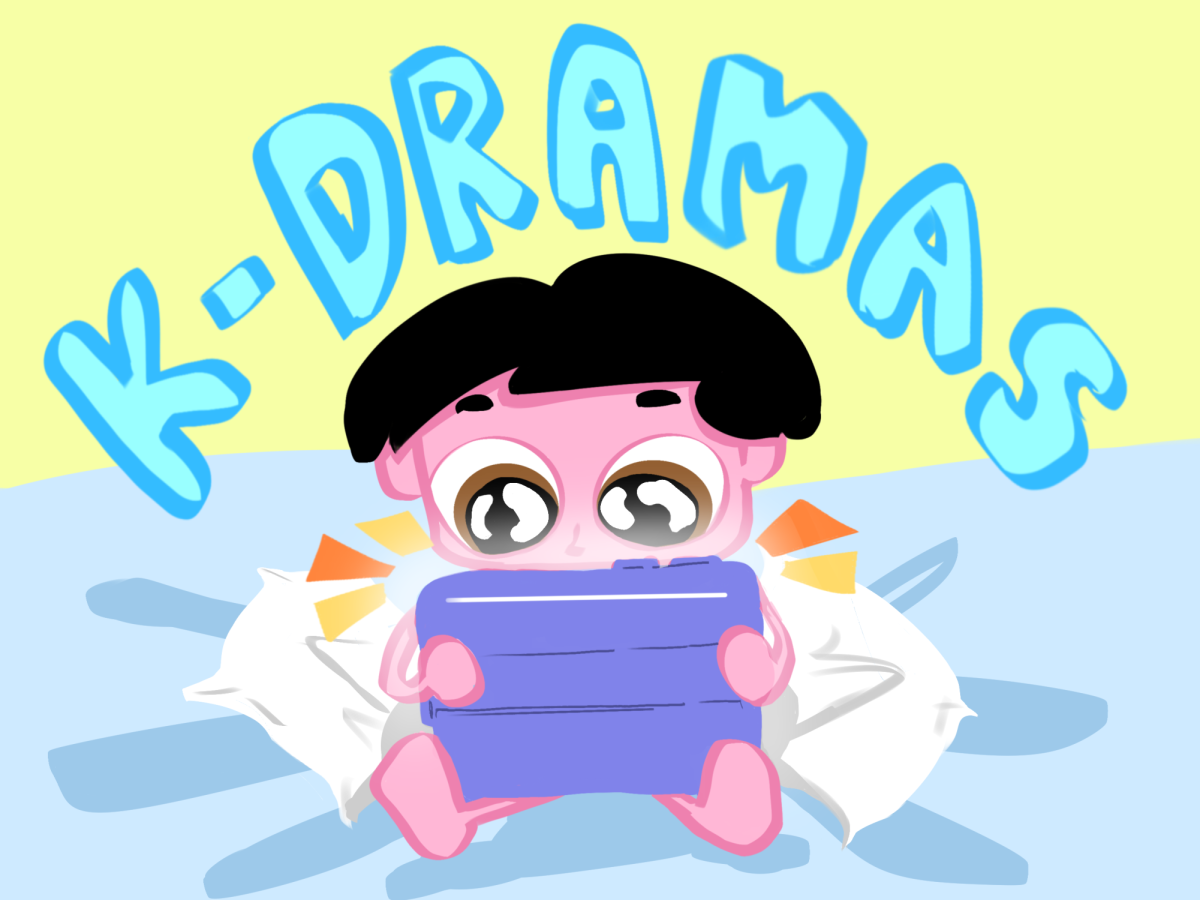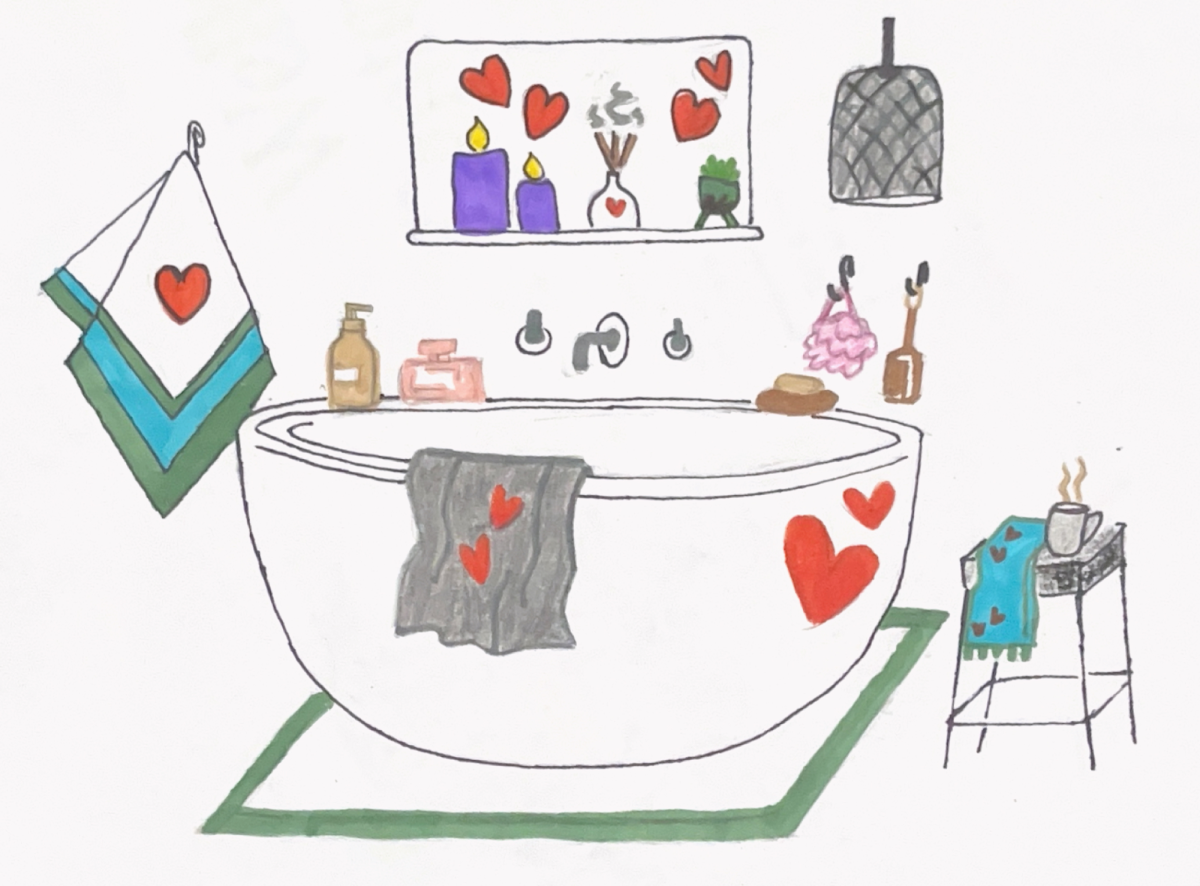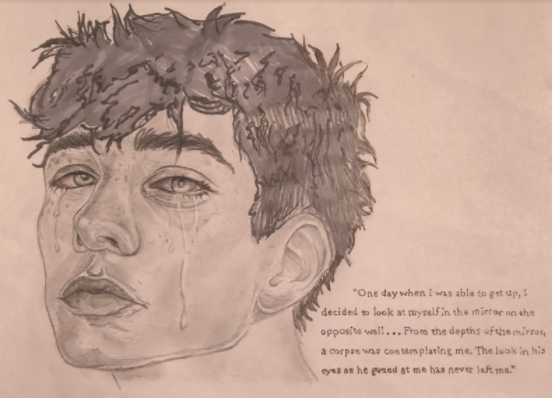Throughout quarantine, I've fallen into a slump of going on my phone for entertainment, and ordinary activities like reading have fallen away. But recently, I’ve decided to prioritize reading.
I started looking through my bookshelf, and “Night” by Elie Wiesel caught my eye. When I saw that it was about the Holocaust, I was immediately drawn in, as I have always been weirdly fascinated about it.
In this book, originally published in 1956, Wiesel narrates his experience as a faithful Jewish teenager in his hometown of Sighet, where his life is quickly interrupted by the Nazis occupation of Hungary in early 1944. Wiesel and his family are herded into cattle cars headed for Birkenau, where Wiesel and his father are forever separated from his mother and sister. They go from camp to camp, facing unimaginably cruel slave-labor conditions, dehumanization and starvation.
Though I often suppress my emotions, I burst into tears when Wiesel's father's life was taken toward the end of the memoir, only months before the war had ended. It is astonishing how much of a connection Wiesel is able to build between the characters and the reader.
Something else I found remarkable is that Wiesel faced such unimaginable brutality at the hands of the Germans, yet he never presented them in a biased fashion even though he had countless opportunities to do so.
The fact that he makes the reader understand that not every German was cruel establishes credibility because his lack of bias proves that the portrayal of his memoir is accurate.
He clearly does not want to seek revenge by encouraging readers to hate all Germans. Rather, he solely wants to ensure that what happened at these camps is never forgotten.
He also spreads the message that hatred of targeted groups is unjustifiable, because he understands the potential it can have, as the Nazi Germans’ hatred of Jews caused all this suffering to take place.
With Wiesel’s lack of bias comes his honesty, creating a detached tone that is predominantly used throughout his personal narrative. He cracks no jokes to distract from the seriousness of the memoir, nor does he speak in riddles, making this a concise book consisting of less than 200 pages — something my short attention span appreciates.
Wiesel also never sugarcoats his experiences in order to be more appealing to the reader; rather, he is brutally honest.
The descriptions are intensely graphic, detailing the disturbing incidents that occurred at these camps. While the concepts and topics may be too morbid for a pre-mature audience, this book is suitable for adolescents and adults. It is worthy of universal recognition and it is vital that everyone gets a fundamental understanding of the tragic fate of Jewsd during the Holocaust.
Before reading this, it never really hit me how bad the Holocaust was. Honestly, it was just a blur in my mind with random facts that we learned in school. I often find that school books sometimes censor the graphic, yet real aspects of the Holocaust. The realism of this book makes it the closest way to experience a moment that you have never truly lived.
I’ve concluded that such an experience must be ingrained into the minds of the people in order for such a tragedy to never happen again. The fact that a book like this even exists is a tragedy in itself, as it frightens me that humans even have the potential to inflict such atrocities upon one another.
Not only does Wiesel’s memoir seek to prevent the future replication of this horrific injustice, it also serves as a memorial to the victims whose lives were wrongfully taken.

